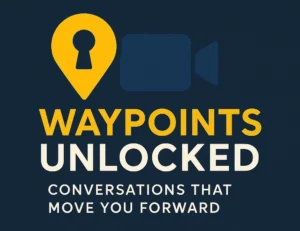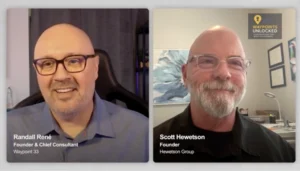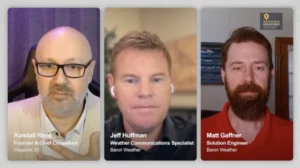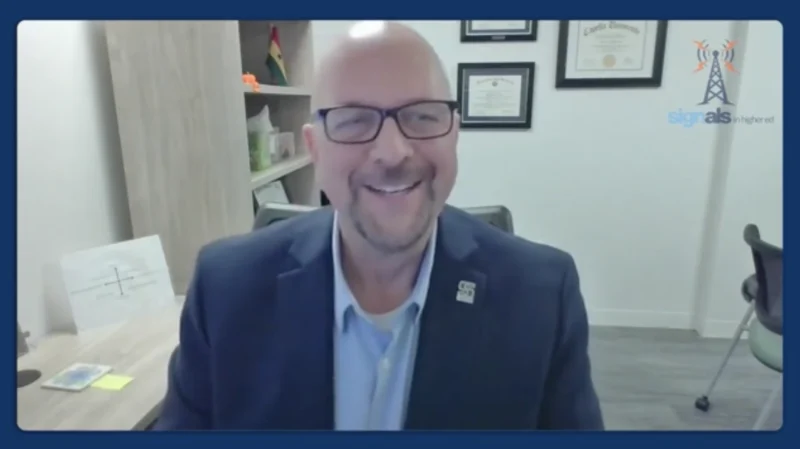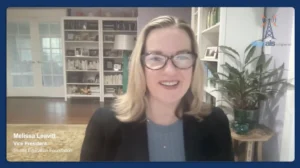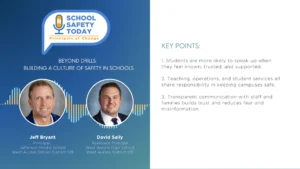In a Post-Affirmative Action Higher Education Chasm, Community Colleges Can Fill the Gap
Can colleges and Universities find ways to maintain diversity in a post-affirmative action higher education landscape?
In the wake of the U.S. Supreme Court’s decision to end race-conscious college admissions policies, educational institutions are exploring alternative strategies to maintain diversity. One proposed method is prioritizing socioeconomic status (SES), but studies, including one from Georgetown University, indicate that SES-based policies don’t achieve the same diversity levels as race-based ones. Another approach, the “Top 10% plans,” offers the top students from each high school automatic admission to in-state colleges. Still, these have not matched the diversity outcomes of race-conscious policies. Lotteries, which propose random selection from a pool of students, have also shown inconsistent results in maintaining diversity. As institutions grapple with these challenges, experts predict a potential 20% decline in enrollment of underrepresented racial minorities at selective schools.
Given these new challenges, how should higher education institutions approach this next phase of diversity strategies to ensure they bring in a diverse spread of qualified students?
Can they ensure these strategies intersect with socioeconomic diversity needs in the workforce? And what role do partnerships with trade schools, community colleges, or other career institutions play in this post-affirmative action higher education world?
Nolvia Delgado, Executive Director at Kaplan Educational Foundation, believes there are several opportunities for businesses to step up and help bridge this gap. Still, it’s community colleges where diversity in higher education could find a proving ground for success.
Nolvia’s Thoughts
“One of the things that I’ve been seeing over the past few months is that universities are really investing in meeting students where they’re at. So what that means is that they’re going to nonprofits. They’re going to faith-based institutions. They’re actually meeting students where they’re at. And I think that is really important because the reality is by them attending a high school fair, they’re not going to meet all of the students who would be eligible to attend their schools.
Yeah, I definitely think this presents an opportunity for the workforce to be more proactive in supporting diversity and equity in higher education because what we’ve seen is that schools have pretty much handed a lot of companies a pool of diverse candidates. But in order for that to continue, companies will need to invest a lot more resources in higher education. And this presents an opportunity for collaboration that we haven’t seen. And I think if that happens, we’ll be in an even better place to support diverse students with not only graduating from higher education but also having diverse career prospects when they graduate.
Yeah, I think one solution might be to fund scholarships or to fund internships, paid internships, opportunities targeted at underrepresented students. So, just being very intentional about where they’re putting their resources. Also, mentorship is very important for students, especially if you look at underrepresented and first-generation students, the barriers they face, and volunteer opportunities within their firms to connect with colleges. There are many different ways for them to give back and play a bigger role in ensuring that students are attending colleges and graduating.
Yeah, so I’ll focus on community colleges since that’s my bread and butter. And with community colleges, I think one is we have to shift the perspective that community colleges are outside of the higher education institution and recognize that community college is freshman and sophomore year. And I think that’s something that we all need to work on collectively, changing that perception. In addition to that, it’s strengthening the pipeline from community college to four-year institutions for students who want to transfer and making sure that they understand the opportunities that are available to them. That’s something that we do at the Capital Educational Foundation is that we help our students understand all the different types of schools that exist and what their options are from community college and that they can really start there and go anywhere.”
Article by James Kent



